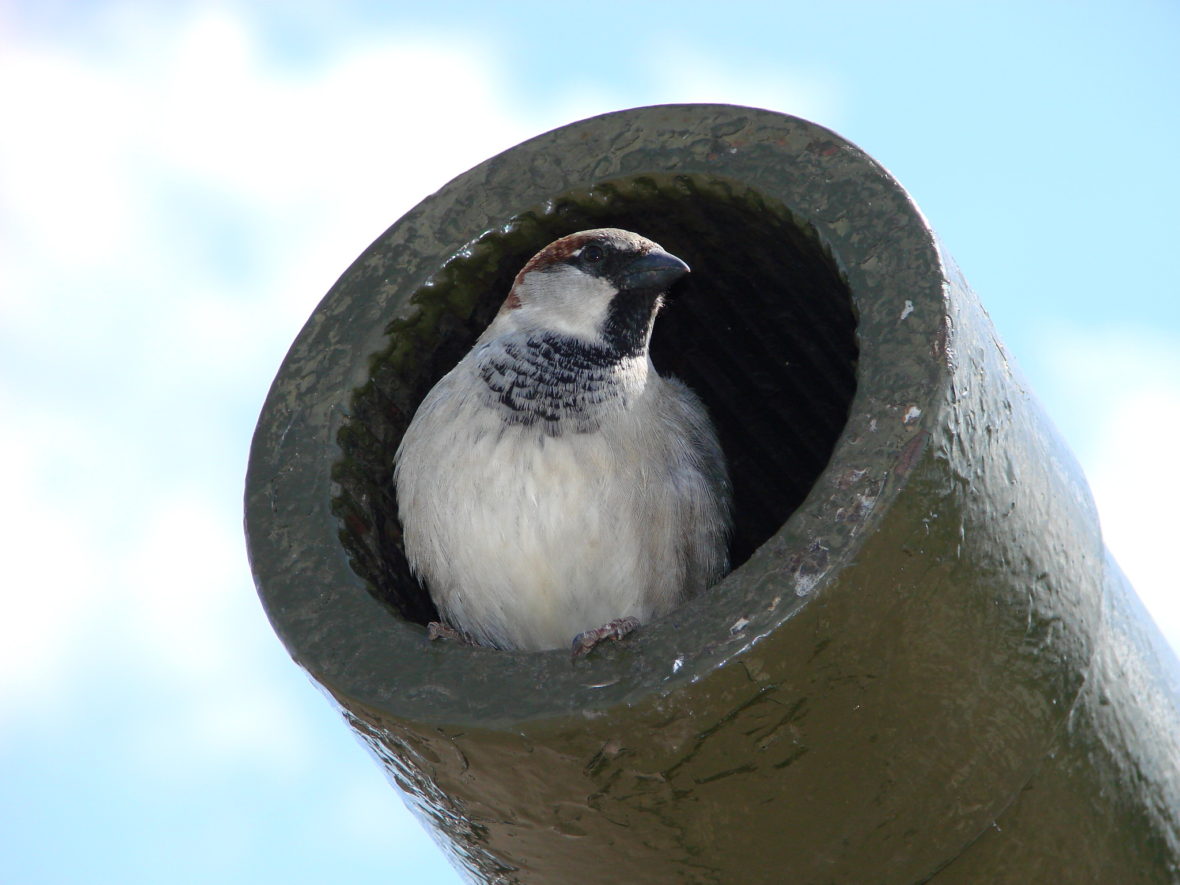Florence Howe, pioneer and architect of Women’s Studies as an academic discipline, died last month at 91. She founded The Feminist Press in 1970, devoting volumes to the unheard and the unsung. I remember when the press brought Kate Chopin’s work back into print, and how “The Awakening” became a staple of college English classes, along with Charlotte Perkins Gilman’s “The Yellow Wallpaper.” But the press’s first titles were books for children. “The Dragon and the Doctor” was a preschool pamphlet by Barbara Danish; “Challenge to Become a Doctor: The Story of Elizabeth Blackwell,” by Leah Heyn, was at the time “the only book for children in the English language on a woman as doctor,” Howe stated in a 1972 New York Times interview.
I’ll remember Florence Howe best as the editor, with Ellen Bass, of No More Masks! An Anthology of Poems by Women (it was published in 1973, two years after I finished an M.F.A. in a program without a single woman faculty member). In her introduction, Howe writes that their selections, especially from writers born before 1920, emphasize “The poem that queries what it is to be a woman, rather than the one that performs the role unthinkingly.” She notes that “…women writers esteemed by men are not ones to declaim themselves women,” and so, in her anthology of 20th century writers, collects poems of women’s lived experience, quoting Carolyn Kizer’s observation that we “…are the custodians of the world’s best-kept secret:/Merely the private lives of one-half of humanity.”
Many poets in Howe’s first section were new to me. Kaye Boyle’s “A communication to Nancy Cunard” electrifies with its mix of dramatic monologue, song, and transcripts from the Scottsboro Boys’ trial. Ruth Stone’s “I Have Three Daughters” undercuts family pieties: “…they couldn’t wait/For their mother to grow old.” Margaret Walker won the Yale Younger Poets Prize in 1942 yet didn’t publish a second book until 1970; her ballads recall women who “cast…spells and called the dead,” or “died with her boots on switching blades.” Naomi Replansky—alive today at 102—writes in “Housing Shortage”: “I tried to live small./I took a narrow bed” until her “needs grow…/All over and invading.” “Excuse me for living,” the poem’s penultimate stanza begins, and the Yiddishism, together with the poem’s 1952 publication date, resurrects the world inside my family’s first, tiny New York apartment.
It’s a commonplace now to note that aspiring writers need to find themselves reflected in literary culture in order to claim their standing within it. Reading the poets a 23-year-old Ellen Bass recovered from books—some out of print—and journals, I could find ways to navigate models set up by and for men who taught, to quote Howe, that “women were bad writers.” Her anthology celebrates multiplicities of style and sexual orientation; and, by my count, of the 87 writers selected, 20 are women of color.
Howe and Bass invited 90 writers to participate; only 3 declined because “they did not wish to appear in a ‘segregated’ volume.” Surely one of those was Elizabeth Bishop. I speculate on the others: Diane Wakoski? Barbara Guest? Of 30 younger poets included in the anthology’s third section, less than half continued writing and publishing, at least as discoverable by Google. But returning to No More Masks! after almost 50 years still brings the pleasure of revelation, and, perhaps, prophecy. The volume is dedicated to “our sisters/in jail/underground/at war/whose lives are their poems.” In 2020, those possible futures loom for us all.
